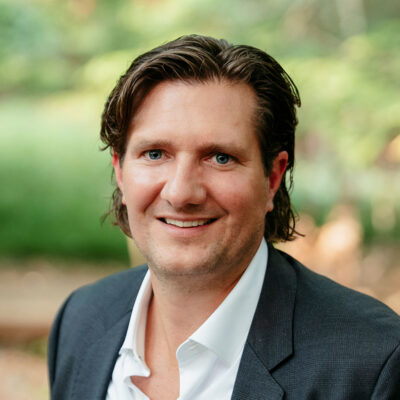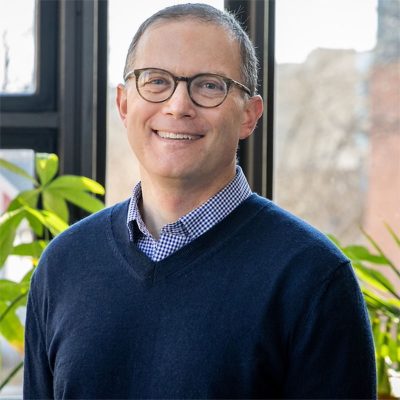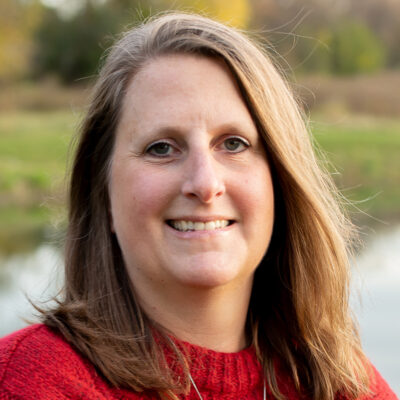Through the Maker Educator Leadership Certificate Program, classroom teachers and informal educators (e.g., museum, library, and after-school educators) engage in making, conversations and job-embedded professional development to ground their maker-based learning experiences in evidence of student learning and engagement.
The program consists of four fully online, sequential courses dedicated to building educators’ intentional design of maker-based learning experiences, documentation of those experiences, and tools and routines to discuss their work with colleagues.
Participants will engage in weekly asynchronous learning experiences and discussions. The cohort will meet synchronously via Zoom for hands-on activities and conversation three times per module.
2026 Program Dates*
January 24 – March 8: Foundations of Maker-based Education
March 21 – May 10: Assessment, Instructional Design, and Routines
May 30 – July 5: Culture Building with Colleagues
September 26 – November 8: Hands-on Practicum
*Each module will have three synchronous sessions, dates and times TBD.
Learning Objectives
- Identify desired goals for maker-based learning in your learning setting
- Refine what constitutes evidence of engagement in those goals
- Analyze learner evidence to guide the design of maker-based learning
- Plan collaboratively with educators to improve student learning
- Participate in protocols to share and discuss evidence of learning
- Utilize routines, such as design challenges and walk-throughs to share and discuss evidence of learning
- Reflect on maker education practice and use that reflection to grow and improve continually
2026 Cohort Registration
Registration Fee: $3,500* Certificate (final price may vary) | $5,383.24** Certificate+12 Graduate Credits
Group Rate: $3,000 per person for 3 or more individuals from the same institution. Certificate only, group rate not available for Graduate Credit option.
*PLACE is committed to creating inclusive and accessible events. If you need accommodations, please make sure to include this information when you register for this event. If accommodation needs arise after registration, please contact us at place@education.wisc.edu at least two weeks before the event. While we will do our best to fulfill late requests, we may not always be able to guarantee them.
Module Goals and Content
Module One: Foundations of Maker-based Education
The goals for the first module are to establish a foundation in maker education: What is it? What are the educational purposes cited for making? How does making related to project-based/challenge-based/problem-based/tech ed? What are some frameworks for learning through making? How do these frameworks reveal different priorities related to learning and engagement?
At the end of the module, the participants will have identified what they value for maker-based education (a construct like creativity or problem-solving) and initial descriptors and indicators for this value. What they value for learning and engagement in maker-based learning will be linked to their priorities and the priorities of their educational context. Participants will generate a theory of action based on their value.
Module Two: Assessment, Instructional Design, and Routines
The second module focuses on two related concepts: documentation as a form of assessment and the role of routines to support instruction. Participants will begin to engage in pedagogical documentation of student learning through making (documenting what they value). Participants will also learn about thinking routines, developed by researchers at Project Zero, as ways to support students’ thinking, questioning and discussions while engaged in making.
At the end of the module, participants will demonstrate an understanding of pedagogical documentation through notes, photos and videos and refine descriptors and indicators of their value. In addition, participants will design their own thinking routine to support their goals for maker-based learning experiences.
Module Three: Culture Building with Colleagues
Module three focuses on practices that educators engage in with colleagues to support their instruction and deprivatize their practice. In particular, this module will share the use of discussion protocols and a walk-through focused on student learning. Protocols serve as guides for semi-structured and equitable opportunities to share practice with colleagues. Using documentation of student learning through making, participants will demonstrate an understanding of carrying out two protocols: lightning share out and looking at student thinking. Participants will also design/adapt a protocol to be more relevant to their own context.
Module Four: Hands-on Practicum
The practicum is designed for the participants to explore their value and/or one of the areas of Modules 1-3. For example, this might include designing, refining, and facilitating a protocol with colleagues focused on students’ learning through making. Or a participant might choose to go more deeply into their value and how they define, see and design for that value.
Course Overview Video
contact
If you have questions about the Maker Educator Leadership Certificate Program, please email Sandra Taylor-Marshall at taylormarsha@wisc.edu





